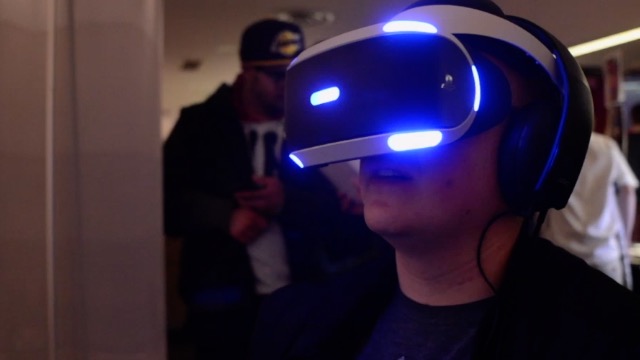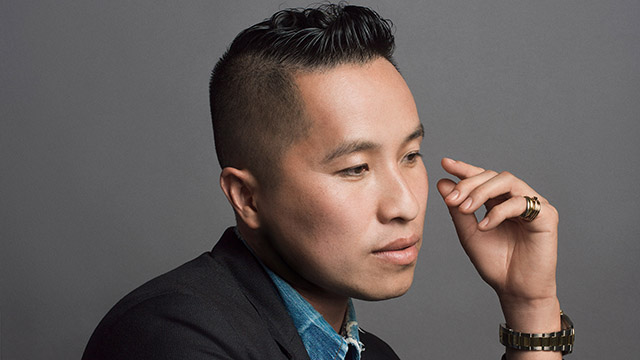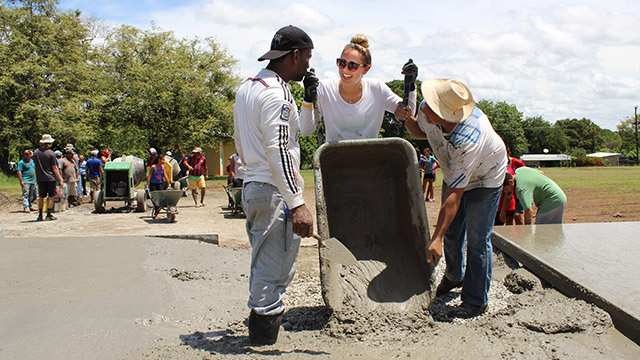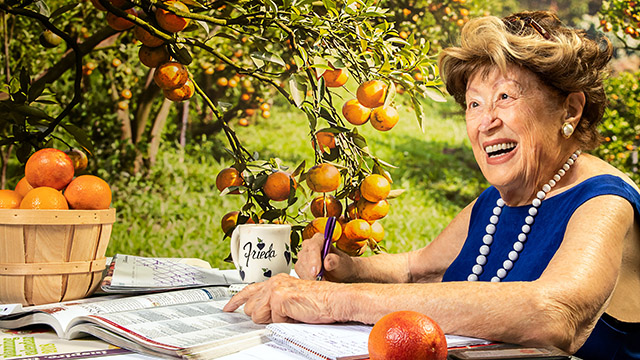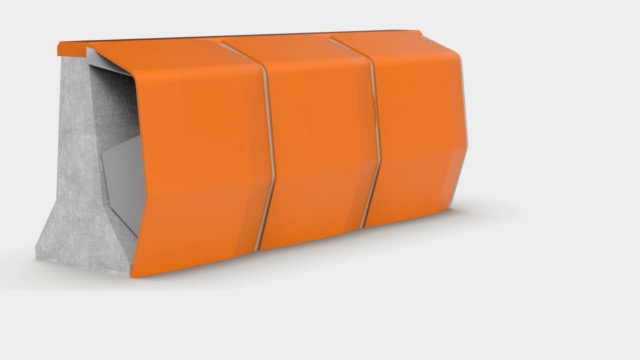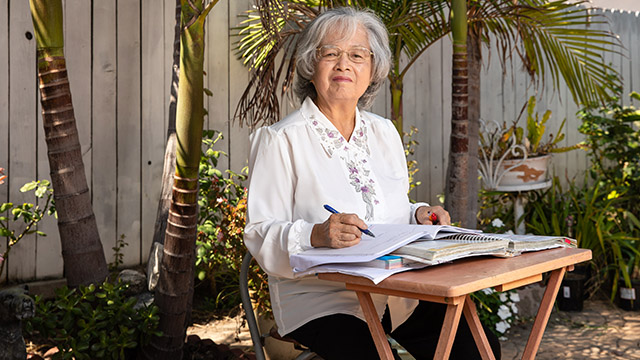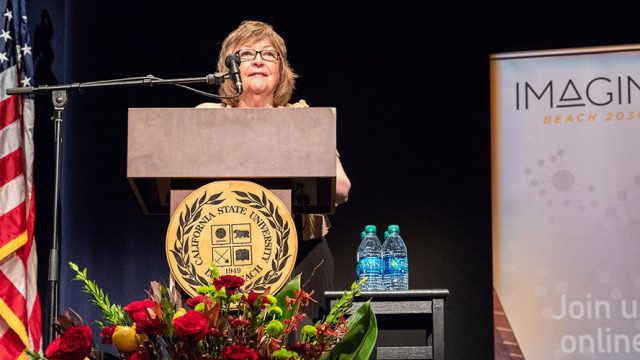Health on Wheels
When the big, white RV pulls up to a school in Norwalk, children run to greet its occupants. It’s not an ice cream truck but a vital community partner in the fight for better health care.
Nowadays, public schools often serve as the first responders for children’s health care. Health on Wheels, a mobile pediatric health clinic coordinated by CSULB, serves the Norwalk/La Mirada Unified District by visiting nine elementary and one Head Start schools where many of the families have little or no health insurance.
“The idea behind Health on Wheels is to provide quality health care to kids in a respectful and culturally sensitive environment,” said Natalie Cheffer, associate professor of nursing and a pediatric nurse practitioner who helped launch the program in 1996. “Our goal is to see patients, but the other part is to teach nursing students.”
Cheffer noted that without public and private funding, the program wouldn’t exist. It came about as a partnership between the School of Nursing, the city of Norwalk, Kaiser Permanente and the school district, with partial support over the years by grants from the state, Kaiser and later from Long Beach Memorial Medical Center. Kaiser recently provided a new grant for Dr. Cathy Cummins, a CSULB faculty member who is both a nurse and a family practice physician, to serve as the program’s physician supervisor.
CSULB nurse practitioner students observe and perform many of the basic exams and treatment services that play a big part in the clinic’s operation, supervised by nursing alumna and pediatric nurse practitioner Olivia Lara, who demonstrates skills for the students. “It’s a hands-on program, so they learn the clinical part of it. They talk with patients and get histories, do assessments and physicals and planning, and we do this together,” plus discuss nutrition and exercise, all in the presence of the child’s parent or guardian.
Veronica Torres, another pediatric nurse practitioner alumna and accredited school nurse who oversees the program’s day-to-day operations, feels that the clinic’s work has a very positive outcome both on education and the community.
“By doing our well-child exams, I think we are empowering the children and their parents to improve families’ health habits,” said Torres, who noted the clinic’s services can decrease emergency room visits and help children stay in school.
Since its inception, Health on Wheels has seen more than 20,000 children and also participates in a variety of community health outreach activities.
Still, at the end of the day, it’s all about personal connections and their impact on a community.
“The parents and the kids love us!” even bringing food or gifts, Lara commented. “When the van is parked in a corner of the school grounds, the kids will come running over and say hello and that they’re doing well. They’ll say, ‘Do you remember me?’ We’ve seen them grow up.” ▲



